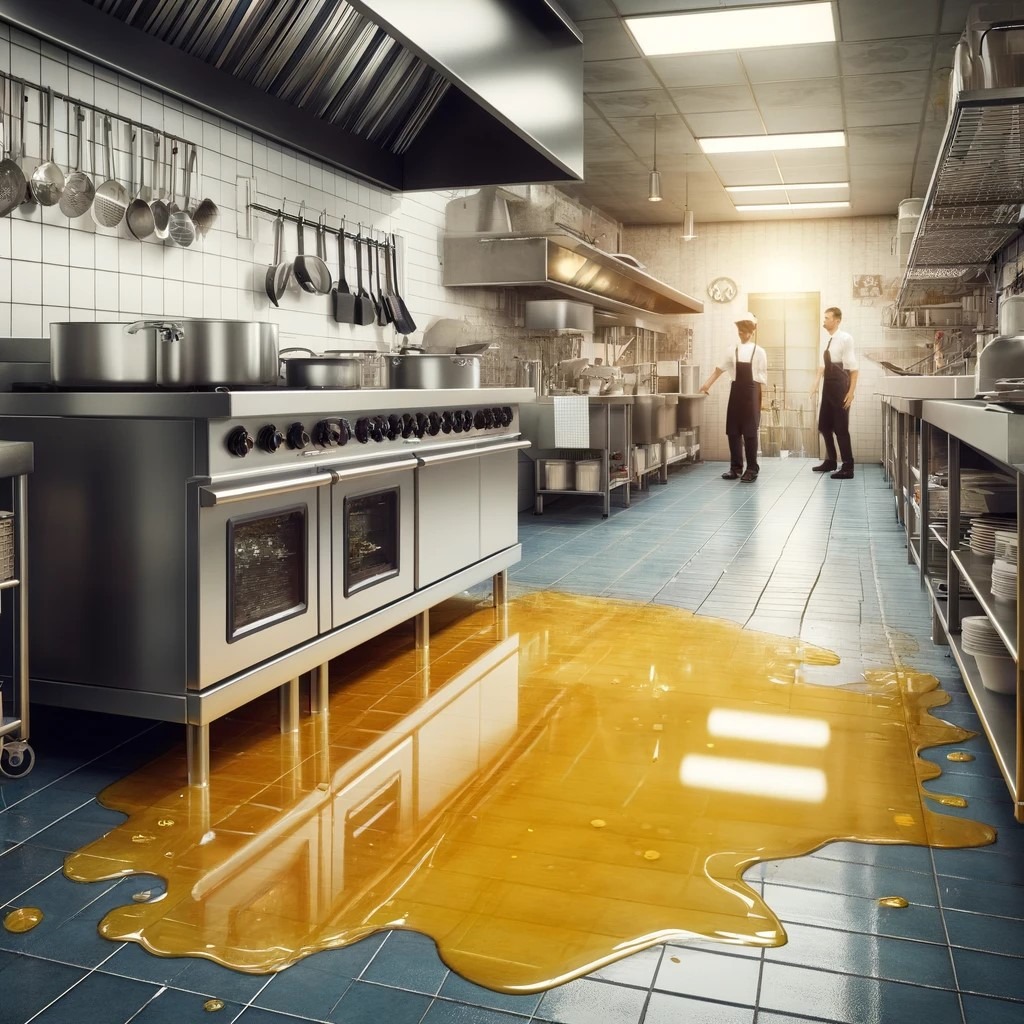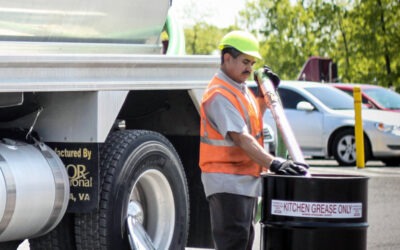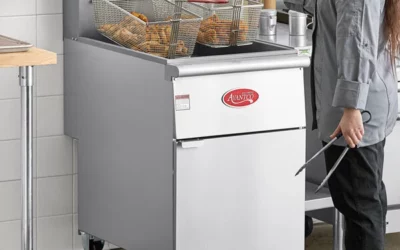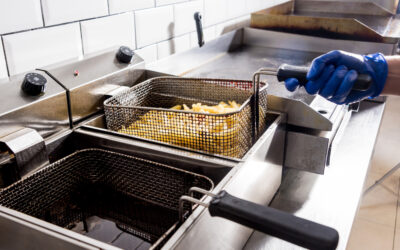Since 1906, Mopac has been a trailblazer in used cooking oil collection and recycling, solidifying our status as a regional leader with a rich heritage. Over the years, we’ve cultivated a legacy built on integrity, innovation, and a steadfast commitment to sustainability. Our journey has been marked by pioneering solutions and enduring partnerships, ensuring that every drop of used cooking oil finds purpose and new life. At Mopac, we understand the importance of trust, which is why we’ve forged strong relationships with best-in-class partners. These alliances are founded on mutual respect, reliability, and a shared dedication to customer satisfaction.
We recently had the opportunity to have a Q&A with one of our most trusted partners in UCO clean up – Mr. Vernon Smith from WetWorks. He provided us with expert insight that we had to share with our customers and followers.
Best Practices
Question: What are the key steps involved in cleaning up a cooking oil spill effectively? Are there specific types of surfaces or environments that require unique approaches to cleanup?
Vernon Smith: Containment is key. Keeping the area from further spreading is most important. Knowing that once a chemical cleaner is applied, it’s definite that spreading will occur due to the dispersal or breakdown of the spill. Securing the area from all foot traffic and redirecting it further ensures that any overspray will not come into contact with anyone nearby. It’s crucial to ensure cleanup storage tanks, filtering systems, and solid absorbers are adequate enough for the spill to be recovered. Some surfaces do have special requirements as to what chemicals are used to remove the spill. Using minimal, less harmful agents is most important to ensure the remaining surfaces are not compromised.
Common Mistakes
Question: What are some common mistakes that individuals or businesses make when attempting to clean up cooking oil spills? Are there any misconceptions about cleaning up oil spills that you often encounter?
Vernon Smith: Waiting to get it cleaned won’t make it fade away; covering it with dirt isn’t a solution. Never allow runoff near drains, sewers, or open water areas. Hosing a spill away spreads it further, increasing cleanup costs and slip and fall accidents. Over spray and splash during rinsing can contaminate other surfaces, compromising their integrity. Some misconceptions include draining wastewater into open fields, which also harms the environment. Informing customers that stains may not fully be removed but ensuring that effective cleaning methods are used can address these concerns.
Prevention Strategies
Question: Beyond spill cleanup, what preventive measures can businesses implement to reduce the likelihood of cooking oil spills? How important is staff training in spill prevention, and what topics should be covered?
Vernon Smith: Contain oil waste tanks within barriers to prevent spills from spreading. Redirect traffic away from loading areas, keep dumpsters in different locations, and lower oil fill openings to reduce risks. Training staff for spill prevention and response is crucial. Spill kits should be nearby, and staff should be proactive in keeping areas clean to prevent accidents.
Safety Measures
Question: What safety precautions should individuals take when cleaning up a cooking oil spill? Are there any potential hazards associated with certain cleaning products or methods that people should be aware of?
Vernon Smith: Always consult the MSDS for chemicals used for cleanup and ensure compatibility. Cover spills with absorbents promptly to prevent spreading and use proper footwear to prevent slips and falls.
Environmental Impact
Question: What are the environmental implications of a cooking oil spill, and how can proper cleanup mitigate these impacts? What steps should be taken to ensure compliance with environmental regulations during cleanup?
Vernon Smith: Spills can contaminate underground water sources and harm wildlife. Prompt cleanup reduces environmental damage. Keeping records of disposal practices ensures compliance with regulations.
Emergency Response
Question: In the event of a large-scale cooking oil spill, what steps should be taken for an effective emergency response?
Vernon Smith: Know who to call and keep emergency contacts nearby. Use clear and obstructive devices to rope off the area and ask spill cleanup providers for effective oil-absorbing products.
Learning from Experience
Question: Can you share any anecdotes or case studies where effective spill cleanup practices made a significant difference? Are there any emerging technologies or innovations in spill cleanup that show promise for the future?
Vernon Smith: Advancements in spill recovery products have significantly improved cleanup practices. These innovations have been used for large-scale tank oil cleanups, protecting environments for many years. Our goal is to return properties to or better than their original conditions, and continuous research in spill cleanup advancements shows promise for the future.




